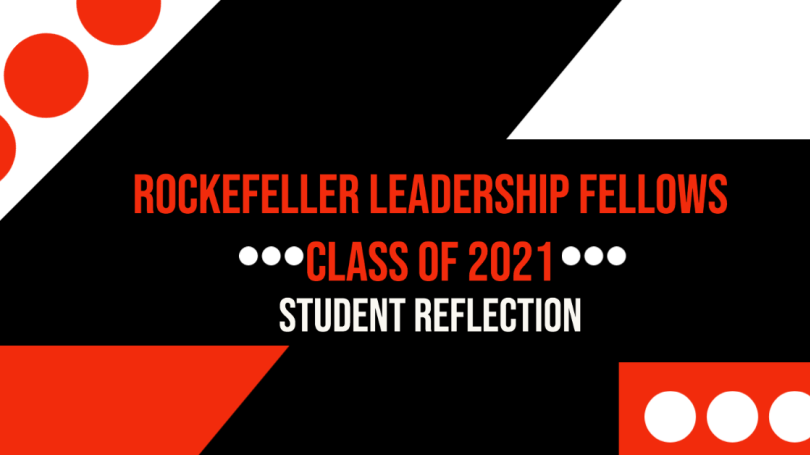
- Public Policy
- Leadership
- Funding
- News & Events
- About the Center
Back to Top Nav
Back to Top Nav
Back to Top Nav
Back to Top Nav
On January 7, 2021, Maria Smith-Lopez gave a presentation on listening leadership and the importance of listening as a tool for leadership. I found it compelling because while we hear a lot about the importance of both listening and leadership, we don't often hear about how the two are related. Leaders are often portrayed as big thinkers with a vision, the big talkers who chart the course of the group, people who are listened to, not so much listeners themselves. And yet we also know that good leadership requires strong relationships between leaders and the people they lead. Since listening is one of the most important ways to establish relationships with others it is quite astonishing to see how little it comes up when people talk about 'leadership'. Maria's presentation highlighted the importance of leaders as listeners and how this might strengthen leadership.
According to Maria, listening leadership is not about all kinds of listening; in fact, it draws specifically on one type of listening- attentive listening. Anyone can be a distracted listener-- listening only for the pause that indicates it's your turn to speak; listening only to contradict; nodding along while your mind is elsewhere etc. This kind of listening is deceptive and can even be disrespectful to the speaker. People want to know that they are being taken seriously and that their thoughts are valued, and distracted listening does not allow you to engage with speakers in this way. On the other hand, attentive listening takes intentionality, and empathy. It involves listening to understand, genuine engagement with the speaker, asking questions for clarification, devoting complete attention to the speaker. It's not so easy, because we aren't always interested in what we are hearing, and the human mind is rather prone to distractions, especially our own thoughts.
Three things I learned about how I could become an attentive listener are:
-Written by Darley Sackitey, Class of 2021 Rockefeller Leadership Fellow
As Rockefeller Leadership Fellows, seniors gain a better understanding of the qualities and responsibilities expected of leaders. As Fellows take part in the workshops, discussions, and team-building exercises, they examine their skills, qualities, and attributes as leaders and analyze how these influence teamwork and achieving goals.